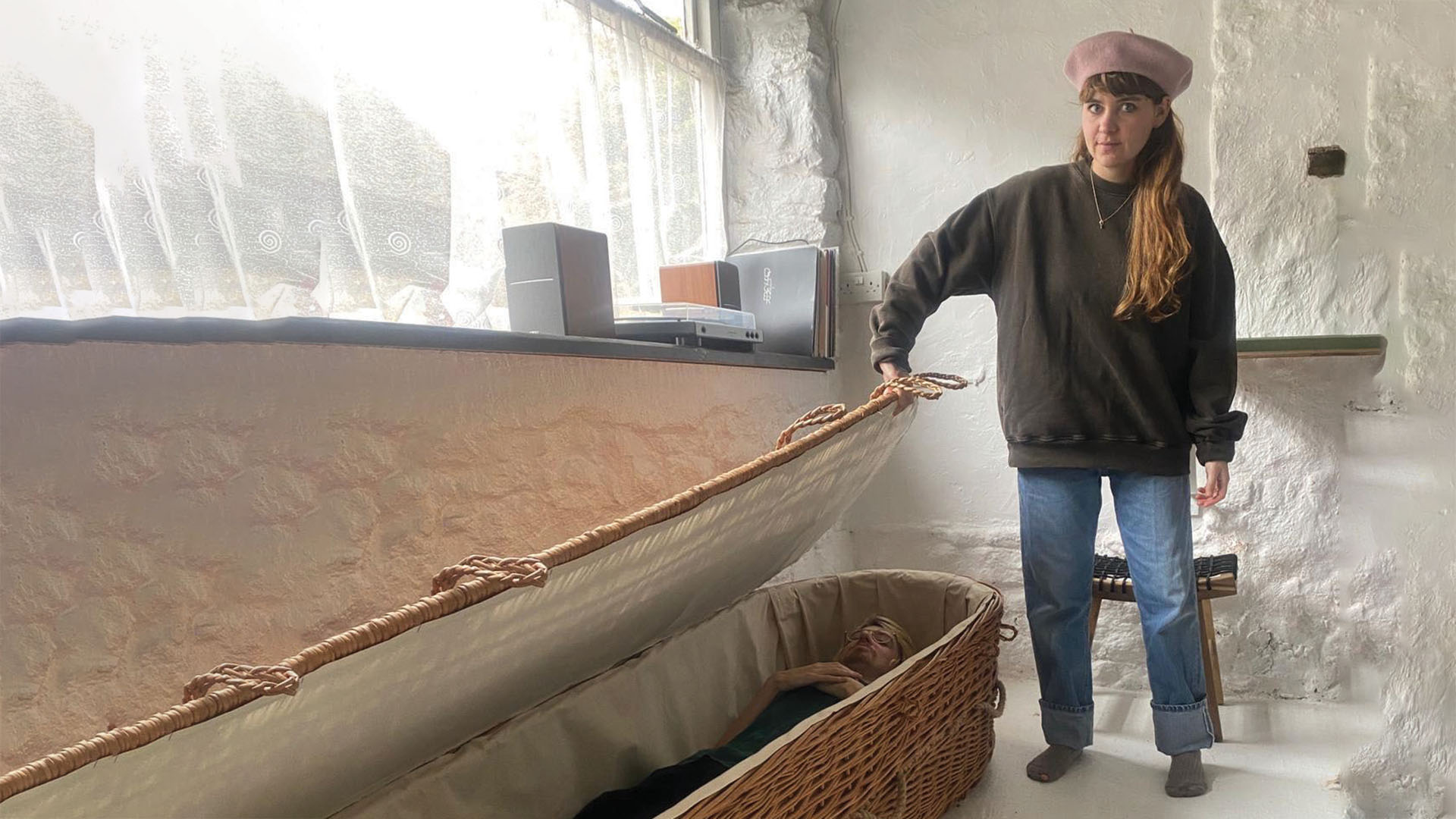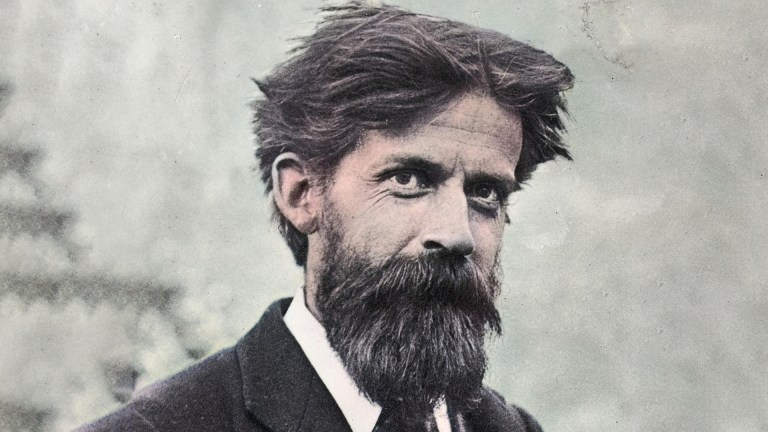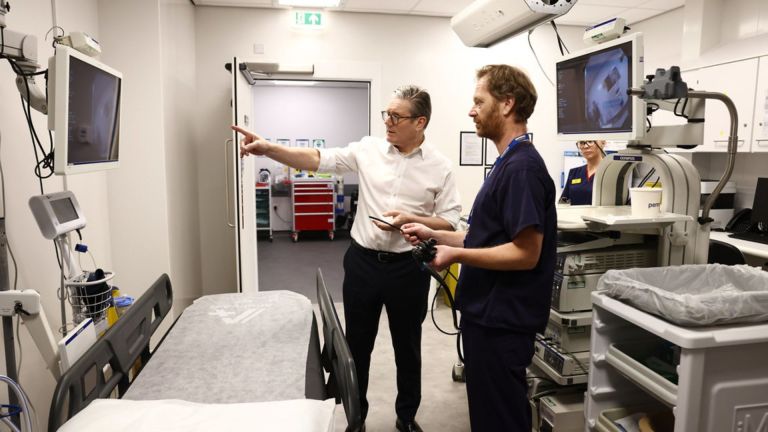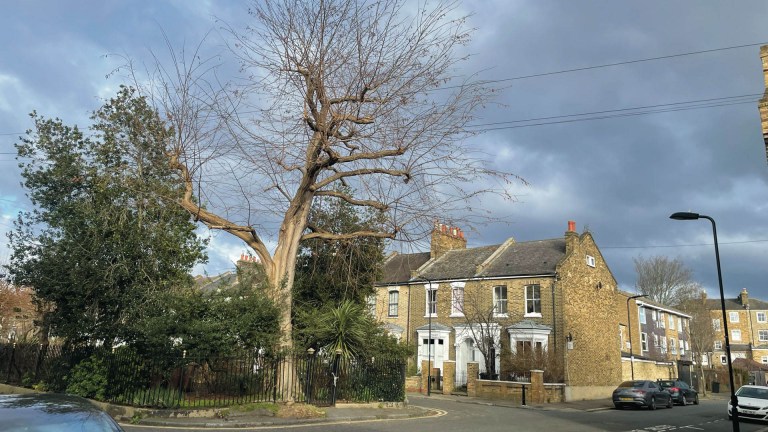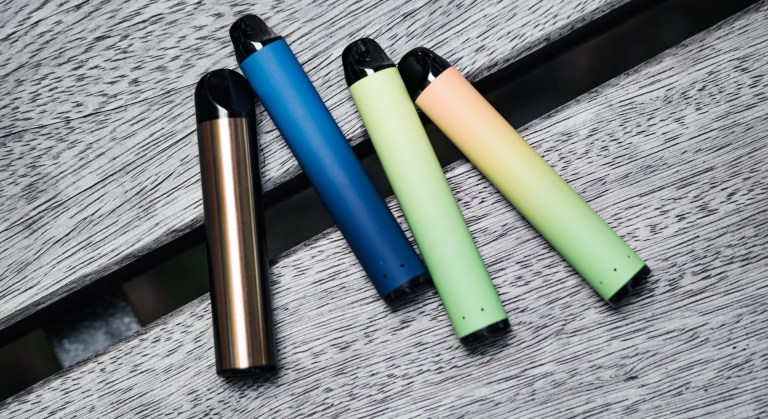The aim is for people to confront their own mortality – something that’s often buried by stigma and taboo. It’s difficult to talk openly about dying, never mind process what it means for yourself.
While people approaching the end of their lives can and do take this opportunity, Cross most commonly works with people who experience “death anxiety”. Others simply want to mark the end of a significant chapter in their life with a ritualistic goodbye.
Cross says: “Essentially when they get here there is an ego death, writing exercises, a memorial and a meditation. I don’t want to give it all away!”
It’s not for the faint of heart. Cross likened her clients’ experiences to what can come about from use of psychedelic substances. She says a person’s intention coming into the process is important.
When a friend and I, Max, visited, we began with a death meditation – a 30-minute, script-guided process designed to make us feel like we were dead. Max reported feeling “cold and heavy”. He felt that nothing was present apart from Cross’ voice and his own consciousness.
A gong intertwines with Cross’ soft accent, reverberating around the room like an echo from her mouth to our bodies. I feel in a trance-like state but instead of entering a state of relaxation, her words made me feel a contrast of sadness and calmness.
Advertising helps fund Big Issue’s mission to end poverty
The death meditation – which was plenty for us on this occasion – is just one part of a three-hour ceremony Cross offers to clients. What we both experienced was emotional, intense and special. The style of meditation allowed us the space to take in all the emotions we were feeling. This was particularly important to Max, who confessed after the session that his primary motivation in attending was to confront his feelings around his father’s terminal motor neuron disease diagnosis – and the experience made him feel “safe” enough to address those feelings head-on.
After the ceremony, I get in touch with Gareth King, a support worker for adults with autism from Glasgow, who has experienced the whole three-hour living funeral ceremony.
“I first met Emily at her band’s gig in Glasgow”, Gareth says. They started chatting on social media and Gareth became interested in a living funeral ceremony. Instead of having to travel down to Weymouth, Cross adapted the ceremony so that it could be conducted over Zoom, with Gareth in the comfort of his own home.
“I have been very work-focused, smoking a lot and not being very creative,” King says. He felt that time was limited in life, that he wasn’t using it well, and wanted to make a change.
“Through the ceremony, I had time to reflect and create those boundaries, and ask myself what I’m going to do with that time.”
King subsequently discovered a love for photography, took up yoga and stopped smoking. When he feels he is slipping back into old habits, he looks at a little card that was in the ceremony with his birth and death date as a morbid reminder that time is of the essence.
Advertising helps fund Big Issue’s mission to end poverty
The change that can come as a result of a living funeral ceremony seems to be as varied as the lives we live leading up to them. Sharon from Cardiff, a bereavement counsellor for end-of-life charity Marie Curie, explained how she used the concept of a living funeral ceremony to support her terminally ill son at his request.
“It was strange when he first mentioned it, but the more we spoke about it the more I understood why he wanted to do it,” she explains. Sharon explained it was a chance for him to “celebrate his life and laugh with his friends” as well as for him to have control over something “when he felt that everything else was out of his hands”.
So, from changing path in order to improve quality of life to finding comfort and celebrating oneself in the face of a terminal diagnosis, living funeral ceremonies might just be the thing to help us confront the things we’re most scared of – and recognise that no time is guaranteed, but we’re in control of how we use it while we have it.
Find out more here. Alison Foyle is a member of The Big Issue’s Breakthrough programme.
This article is taken from The Big Issue magazine, which exists to give homeless, long-term unemployed and marginalised people the opportunity to earn an income. To support our work buy a copy!
If you cannot reach your local vendor, you can still click HERE to subscribe to The Big Issue or give a gift subscription. You can also purchase one-off issues from The Big Issue Shop or The Big Issue app, available now from the App Store or Google Play
Advertising helps fund Big Issue’s mission to end poverty
